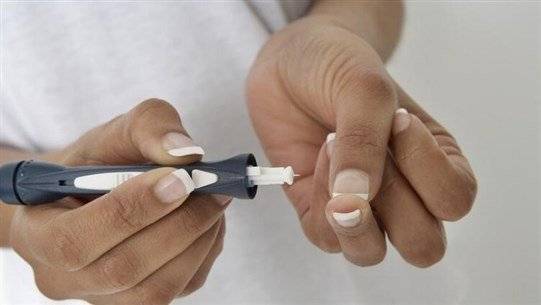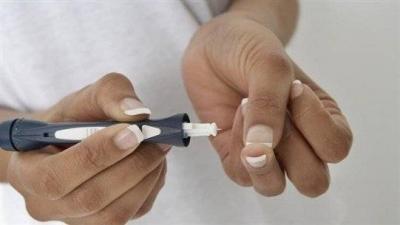Experts emphasize the importance of regulating blood sugar, not only through medication but also through diet and establishing a healthy lifestyle, which contributes to success. The website Eat This Not That presented some dietary habits that can help control blood sugar levels, including:
**Eating Protein at Breakfast**
Research has shown that starting the day with a protein-rich meal balances blood sugar levels for the rest of the day. Nutritionist Sarah Glinski says, "Pairing carbohydrates with a protein source will slow the rate of glucose entering the bloodstream, which can help keep blood sugar levels within the target range."
**Sticking to Regular Meal Times**
Neurologist Justin Chan states, "Eating at regular intervals every 4 hours will help manage blood sugar levels, and waiting until you feel tired and hungry may lead to impulsive food choices." Chan adds, "Make eating a habit before you feel hungry to help manage portion sizes and ultimately blood sugar levels."
**Learning the Plate Method**
The plate method for meals includes protein, carbohydrates, and non-starchy vegetables. To apply the plate method, one should focus on keeping half the plate filled with non-starchy vegetables, using the palm to estimate the protein portion, and the fist to estimate the carbohydrate portion. Nutritionist Catherine Piper explains how the plate method can improve blood sugar levels if carbohydrates are consumed after balancing them with protein and vegetables. She suggests starting with protein and non-starchy vegetables, saving carbohydrates for last, stating, "The protein and fiber in vegetables can slow the rate at which carbohydrates increase glucose."
**Seeking Balance in Food**
Dr. Bashira Enahora says, "You don't have to eliminate all carbohydrates to achieve better blood sugar." She adds, "Choosing unrefined carbohydrates rich in fiber, such as beans, lentils, oats, or berries, in moderate amounts at each meal will slow digestion and reduce blood sugar spikes."
**Walking for 10 Minutes After Meals**
Our muscles use glucose to move, so walking right after a carbohydrate-rich meal can improve blood glucose responses immediately. Nutritionist Lisa Andrews states, "Walking for 10 to 15 minutes after meals helps lower blood sugar levels after eating and may assist in weight management."




